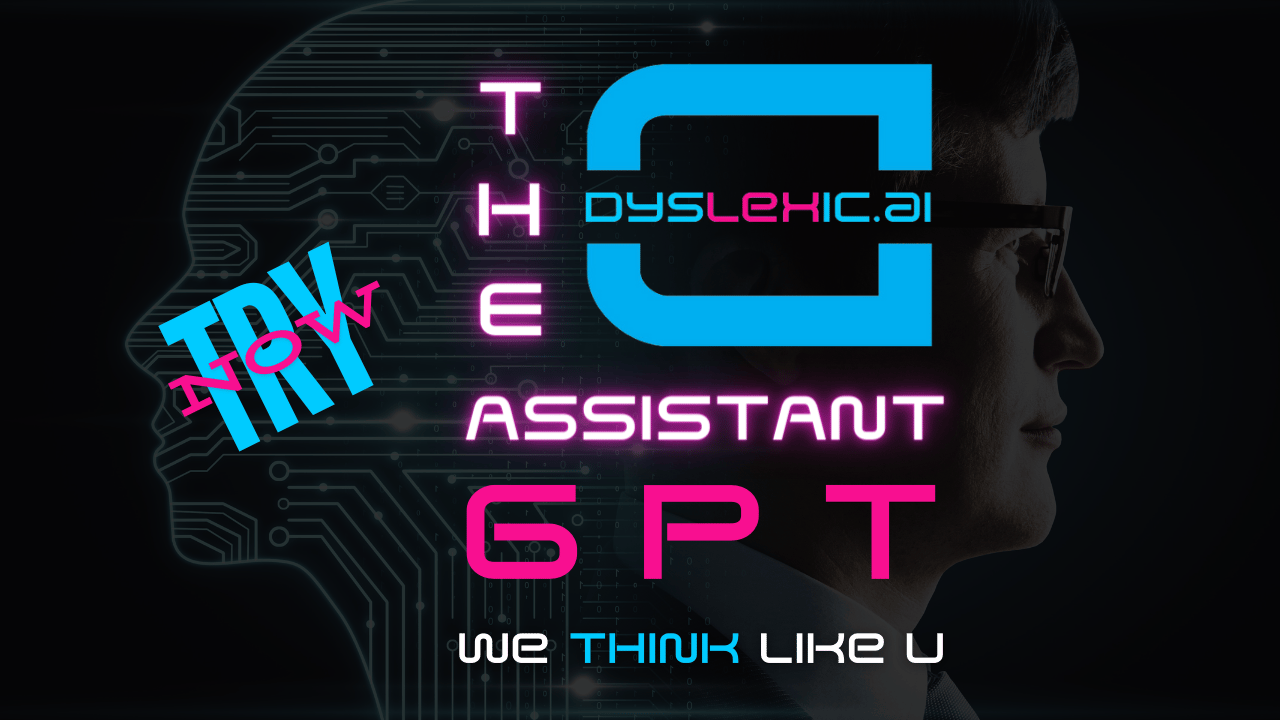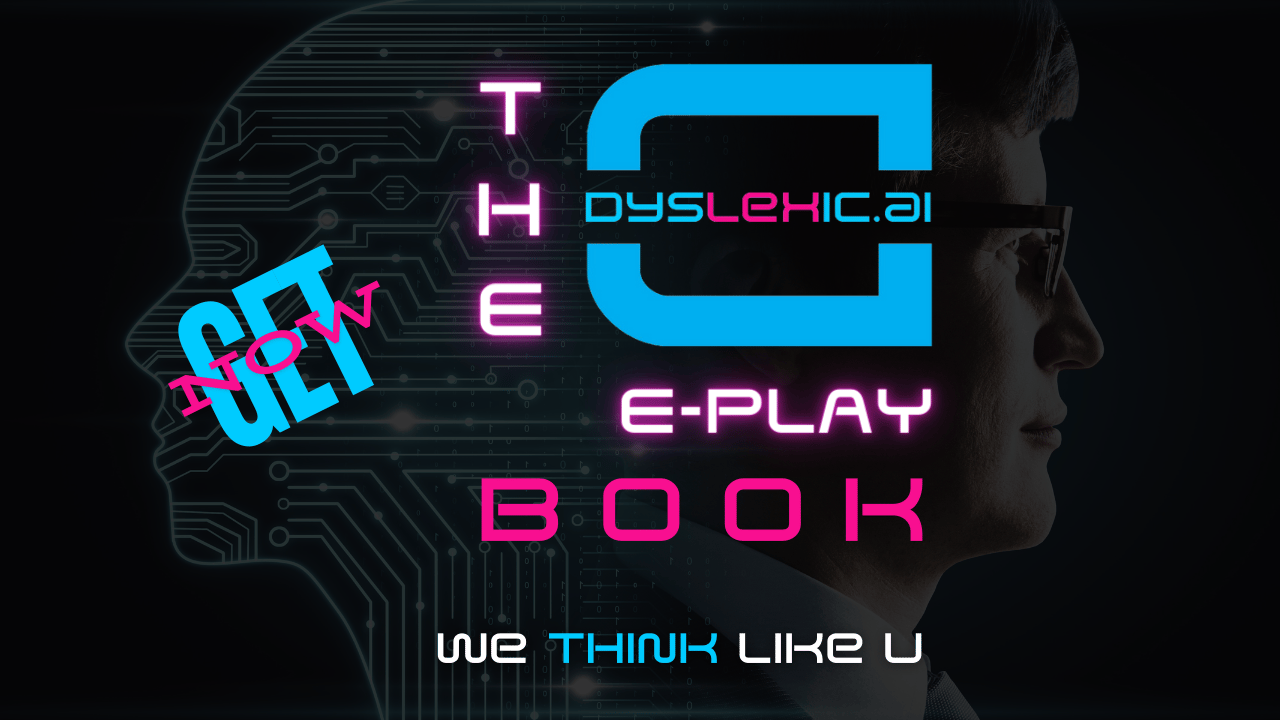- DYSLEXIC AI
- Posts
- Newsletter 239: The Rise of AI-Native Learners: Transforming Education from Kindergarten to Kollege
Newsletter 239: The Rise of AI-Native Learners: Transforming Education from Kindergarten to Kollege
🧠 Embracing the Future: How AI is Shaping the Next Generation of Students

Good morning, Dyslexic AI Community,
Today, let’s explore the concept of AI-Native learners and how AI tools transform education from kindergarten through college.
We’re on the brink of a new era where students will be equipped with AI from the start, fundamentally changing the learning landscape.
Introduction: The First AI-Native College Graduates
Imagine the first wave of college students graduating as AI-Natives.
These students have used AI tools throughout their educational journey, making them proficient in leveraging AI for learning, problem-solving, and creativity.
This shift is profound, and it’s essential to understand its implications.
High Schoolers and AI: The Next Step
The next group to consider is high schoolers.
These students are learning traditional subjects and integrating AI tools into their daily academic routines.
This generation will graduate with a unique skill set, combining their education with AI fluency, giving them a competitive edge in higher education and the job market.
K-8: The Foundations of AI-Native Learning
Let's take it a step further. My children, in the 4th and 7th grades, are starting to use AI tools.
They represent one of the first cohorts to grow up with AI as an integral part of their learning environment.
These kids will be naturally familiar with AI, making them true AI-Natives from a young age.
1. Early Adoption:
Introducing AI tools in elementary and middle school builds a strong foundation for future learning. These students will be comfortable using AI to enhance their understanding and creativity.
2. Enhanced Learning:
AI can provide personalized learning experiences, helping students grasp concepts at their own pace. This is particularly beneficial for neurodivergent learners, who may need tailored approaches to thrive.
3. Critical Thinking:
Early exposure to AI encourages critical thinking and problem-solving skills. Students learn not just to use AI, but to question and understand its outputs, fostering a deeper level of engagement.
Implications for Educators and Coaches
For educators, integrating AI tools into the curriculum is crucial. It’s about preparing students for a future where AI is ubiquitous.
1. Teaching AI Literacy and Fluency:
Educators need to ensure students understand AI’s capabilities and limitations. This includes teaching the ethical use of AI and its potential impacts on society.
2. AI-Native Teaching Strategies:
Adopting an AI-Native mindset means using AI to enhance teaching methods. This can involve AI-assisted grading, personalized feedback, and creating interactive learning environments.
3. Professional Coaching:
For professional coaches, helping clients develop AI literacy and fluency is essential. This ensures they can leverage AI in their careers, staying competitive in an evolving job market.
Closing Thoughts
As we navigate this transformative era, the concept of AI-Native learners becomes increasingly essential.
From K-8 through college, integrating AI into education prepares students for a future where AI is a crucial tool.
For neurodivergent and dyslexic thinkers, this shift offers new opportunities to leverage their unique strengths.
Let’s continue exploring and embracing these changes, ensuring every learner can thrive in an AI-driven world.
Until next time, We Think Like You!
Matt Ivey and the Dyslexic AI Team
Visit www.mattivey.com for more insights, and subscribe to our newsletter for the latest updates in AI and education.

- AI-Native Learners: There is a rise in the number of students who grow up using AI tools from elementary school through college.
- Early Adoption: Introducing AI in K-8 builds a strong foundation for future learning.
- Enhanced Learning: Personalized AI tools help neurodivergent learners thrive.
- Critical Thinking: Early AI exposure fosters critical thinking and problem-solving skills.
- Educator Strategies: Teaching AI literacy and fluency is crucial for preparing students.
- Professional Coaching: Coaches should help clients develop AI skills to stay competitive.

What did you think about today's edition? |
What should the next deep dive be about? |
|
|
|





Reply